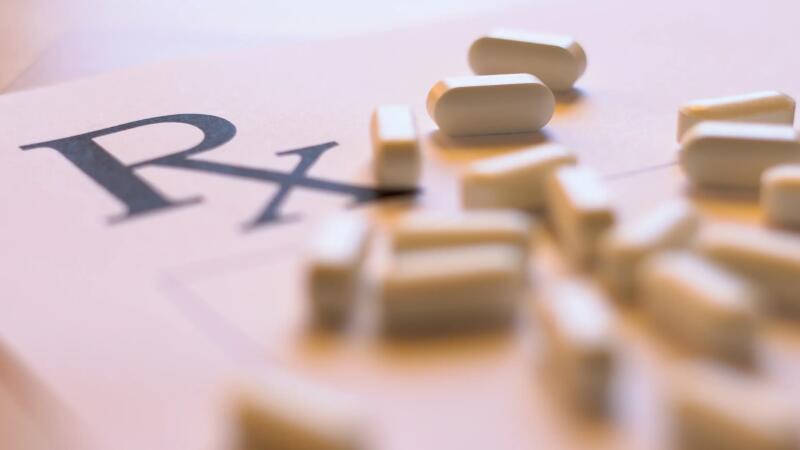-
Your concerns
Our articles to help you gain a better understanding
-
Our solutions
-
Ducray Dermatological laboratories
Our articles to help you gain a better understanding

Anti-acne medications vary in their composition and route of administration. Depending on the severity of the acne, the doctor prescribes one or more acne medication treatments.
Many gels, creams and lotions are available and are an effective treatment for acne: among the drug classes available are local retinoids, local antibiotics, benzoyl peroxide or azelaic acid, alone or in combination, available by prescription except for certain benzoyl peroxide-based specialties. The use of an antibiotic cream against acne will be limited and reserved for certain situations, always in combination with another local treatment. Please note that there are no acne antibiotics available without prescription, either dermal or oral.
Skin acne medications must be applied once or twice a day, regularly over several months to achieve results. Apply to clean, dry skin over the entire affected area.
All skin acne medications can cause irritation. If this is the case, applications should be spaced out.
The doctor may prescribe oral antibiotics for acne, such as doxycycline or lymecycline. These antibiotics are mainly anti-inflammatory and antibacterial.
Other oral acne medications may include zinc or hormonal therapy(women only). Zinc is available with or without a prescription, hormone treatments are only available by prescription.
When acne is very severe or when there are repeated failures with various acne medications, oral isotretinoin is then used. However, this may present various problems for girls and young women. Isotretinoin is a teratogenic molecule: any pregnancy must absolutely be avoided, hence the systematic prescription of contraception and monthly blood tests. Isotretinoin tends to cause irritation of the skin and lips: specific compensatory care must be systematically used to avoid discomfort.
Oily or acne-prone skin

Oily or acne-prone skin
NEWSLETTER
Dermatological expertise
To better understand your skin and hair, discover our exclusive content and innovative care products designed to improve your quality of life..